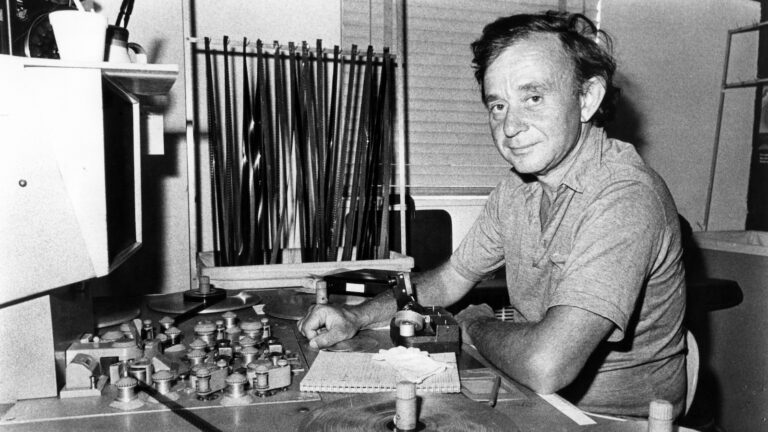Lovecraft paves Road to Madness
With Halloween less than two weeks away, there is no book more appropriate to get your mind in gear than H.P. Lovecraft’s “The Road to Madness.” twenty-nine short stories in 19th-century prose curl like wrought iron around subjects more varied and terrifying than the costumes at an Alpha Delt Halloween party. Truly, Lovecraft would beat the Society at its own game, recounting the genealogies of cursed families tainted by ancient witchcraft, pacts sealed in blood on the heights of Egyptian ziggurats, alien cities buried beneath Antarctica; and ghost stories set in our own New England. (If you truly want to terrify yourself, take a flashlight and read this book in Indian Hill cemetery at night. And if you really want to hold onto the experience for the rest of your life, take some of your choice hallucinogen before you do.)
One gem recounts the story of a solitary scientist who uses super-cooling to stop his resurrected body from decaying, then begs his neighbor to help as his refrigerator pump slowly fails. Another story tells of an alcoholic detective who investigates a notable and wealthy Dutch immigrant who may or may not owe his recent fortune to kidnapping schemes of the congregation of his Satanic church. Though that last description may make you roll your eyes, Lovecraft never lets his stories grow (too) farcical. The author handles his subjects with a magical realism intended to reveal all the stark, gory details but—as is most important in any horror story—to leave the worst to the imagination.
Admittedly, Lovecraft’s writing style isn’t for everyone. He definitely subscribes to the “more is more” philosophy of description, and includes archaisms and rare occult terms in his vocabulary, which prove to be either alienating or intriguing, depending on who you are. He draws inspiration from his comprehensive knowledge of Dante and classical mythology, both Eastern and Western, but his erudite references can leave the reader wondering at times. Regrettably, Lovecraft also succumbs to some embarrassing 19th-century colonial prejudices, though these are neither overpowering nor ever explicitly stated.
Nonetheless, Lovecraft is scarier than Bram Stoker or even Stephen King, because his plots are more original—he invokes demons that would make King’s villains squeamish—and he knows when to let fear work for itself. His fiction succeeds as horror on a level that movies like Eli Roth’s Hostel do not: Lovecraft never simply disgusts the reader by depicting the mutilation of the human body. Rather, the traumatized narrators of his stories reveal to us the mutilation of their minds. Lovecraft’s stories are so possessed with the alien and unthinkable that they actually drive the people who tell them insane (the collection is, after all, called “The Road to Madness”). The reader, on the other hand, gets to imagine what the narrators are too terrified to do more than hint at. But if it’s too horrible to reveal, it’s also too horrible to ignore.







Leave a Reply